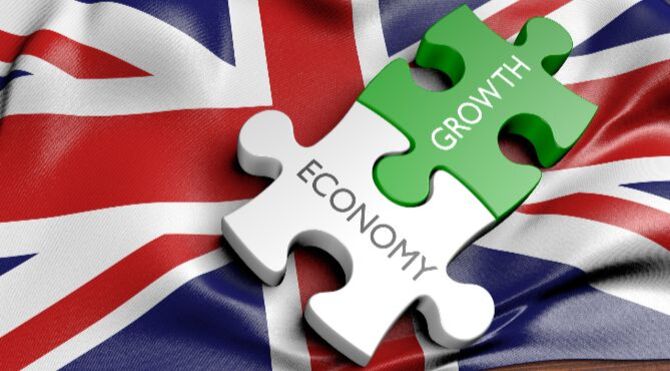CBI finds cooling of economic growth in second quarter
Private sector growth slows in the UK says Confederation of British Industry (CBI) survey, Cebr predict GDP growth to increase by 1.3 per cent compared to the previous prediction of 1.7 per cent.

CBI survey shows decrease in output
A fall in business volumes in consumer services; unchanged volumes in business and professional services; and slower growth in distribution and manufacturing contributed to the weakening in momentum, though a majority of companies still expected growth to pick up somewhat in the coming three months.Rain Newton-Smith, CBI chief economist, said, “Growth has slowed across our surveys for a second successive month and expectations for the quarter ahead have cooled.“With the economy shifting down a gear, and higher inflation eating into household incomes, it’s vital the Government creates the right environment for businesses to continue contributing to the country’s prosperity.“We need to fix the fundamentals of our economy by focusing on productivity enhancing measures such as improving educational attainment, infrastructure and innovation while supporting firms exporting overseas.”UK growth downgraded in wake of elections
A forecast from the Centre for Economics and Business Research (Cebr) downgraded the UK's growth prospects following Prime Minister Theresa May's failure to win an overall majority in last month's general election and because of a 'Brexit drag' on business investmentThe Cebr predicted GDP in the UK would now grow by 1.3 per cent this year, a sharp decline from its previous forecast of 1.7 per cent. The think-tank also revised its forecast for 2018 from 1.6 per cent to 1.2 per cent, representing the slowest growth rate since 2009.Assuming the predictions prove correct, the Cebr said the Bank of England would stave off pressure to increase interest rates until the end of 2018. By then, the group believes the UK will have struck a Brexit deal with the EU that will result in stronger growth from 2019 onwards.Related news:
- CBI sees ‘steady but subdued growth for UK economy’
- UK manufacturing demand highest since 1988
- OECD predicts global growth despite US slowdown
Confidence on the rise for 2017
Nina Skero, head of macroeconomics at Cebr, said, “Our data on confidence show that the newly-created political uncertainty is highly likely to weigh on growth in the short term. This means that we now do not expect an interest rate rise until the end of 2018.“But we now think that a deal with the EU on Brexit is more likely than previously seemed which will benefit both the UK and the remaining members of the EU. We have therefore revised up our forecasts for growth for the period from 2019 onwards.”Read David Sapsted's article on Establishing Right to Remain – which discusses the uncertainty over immigration which the UK faces following Brexit – in the Summer 2017 issue of Relocate Magazine.
For related news and features, visit our Enterprise section.Access hundreds of global services and suppliers in our Online Directory
 Get access to our free Global Mobility Toolkit
Get access to our free Global Mobility Toolkit  atures, visit our Brexit section
atures, visit our Brexit section©2026 Re:locate magazine, published by Profile Locations, Spray Hill, Hastings Road, Lamberhurst, Kent TN3 8JB. All rights reserved. This publication (or any part thereof) may not be reproduced in any form without the prior written permission of Profile Locations. Profile Locations accepts no liability for the accuracy of the contents or any opinions expressed herein.






























